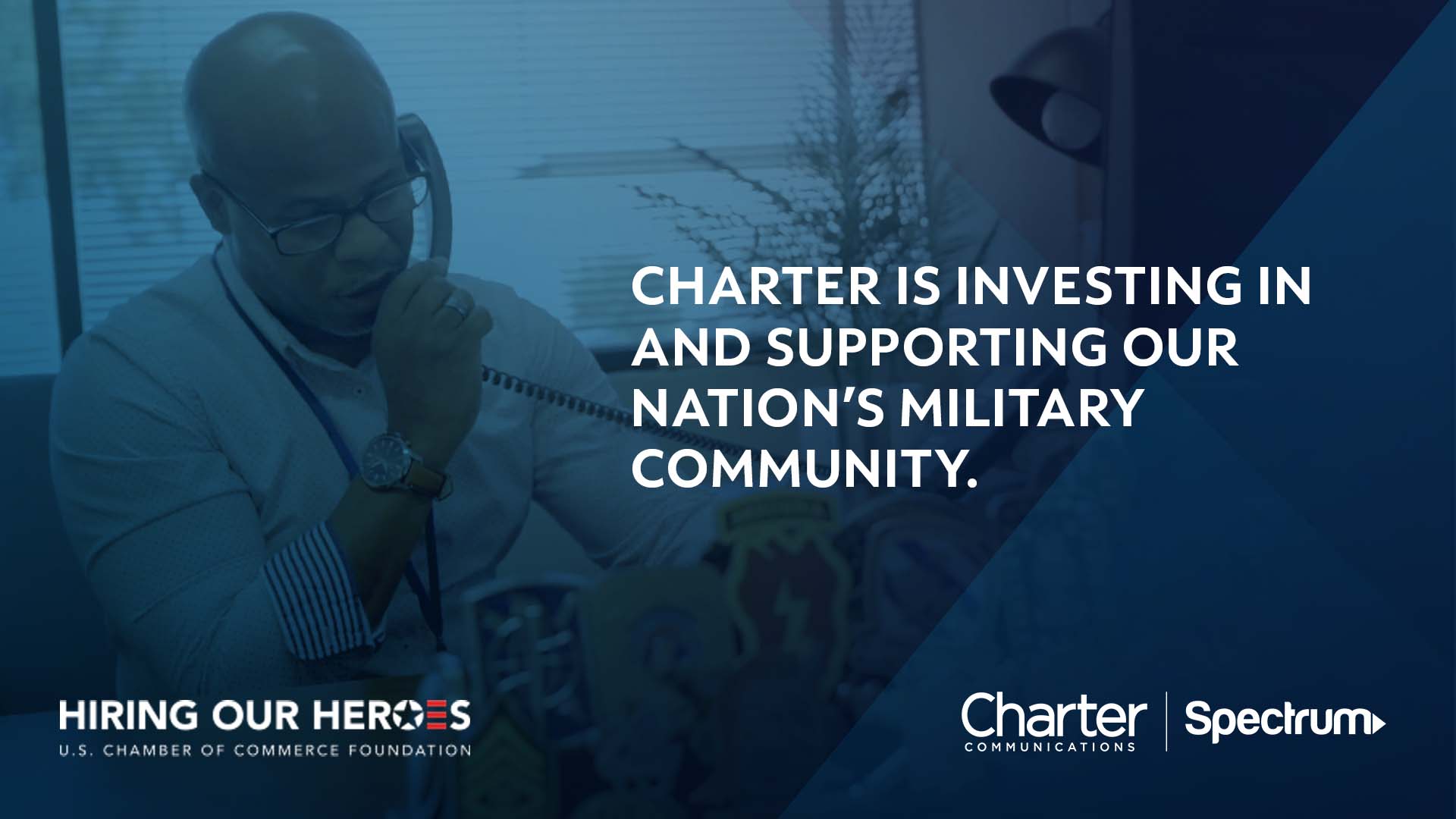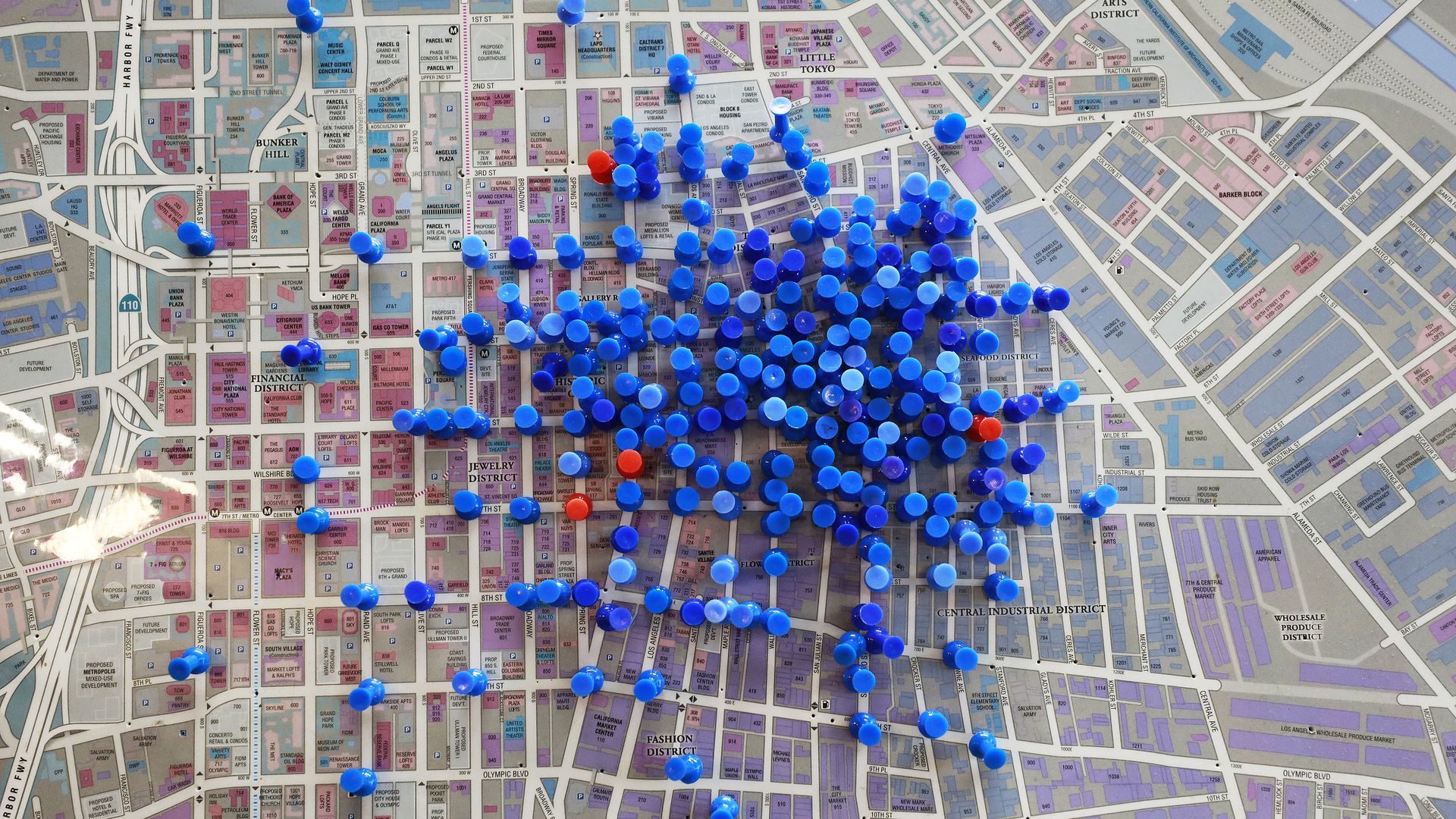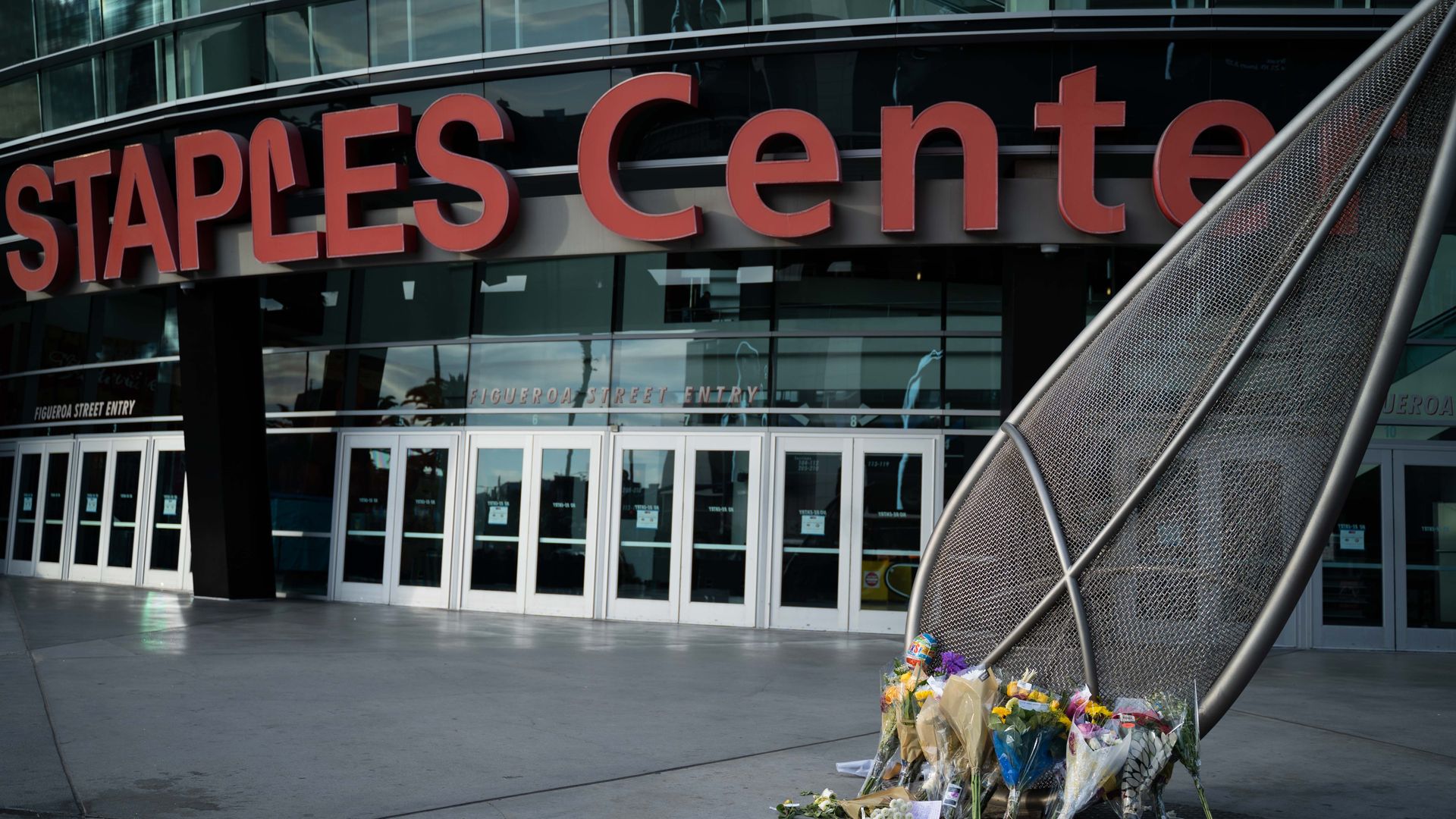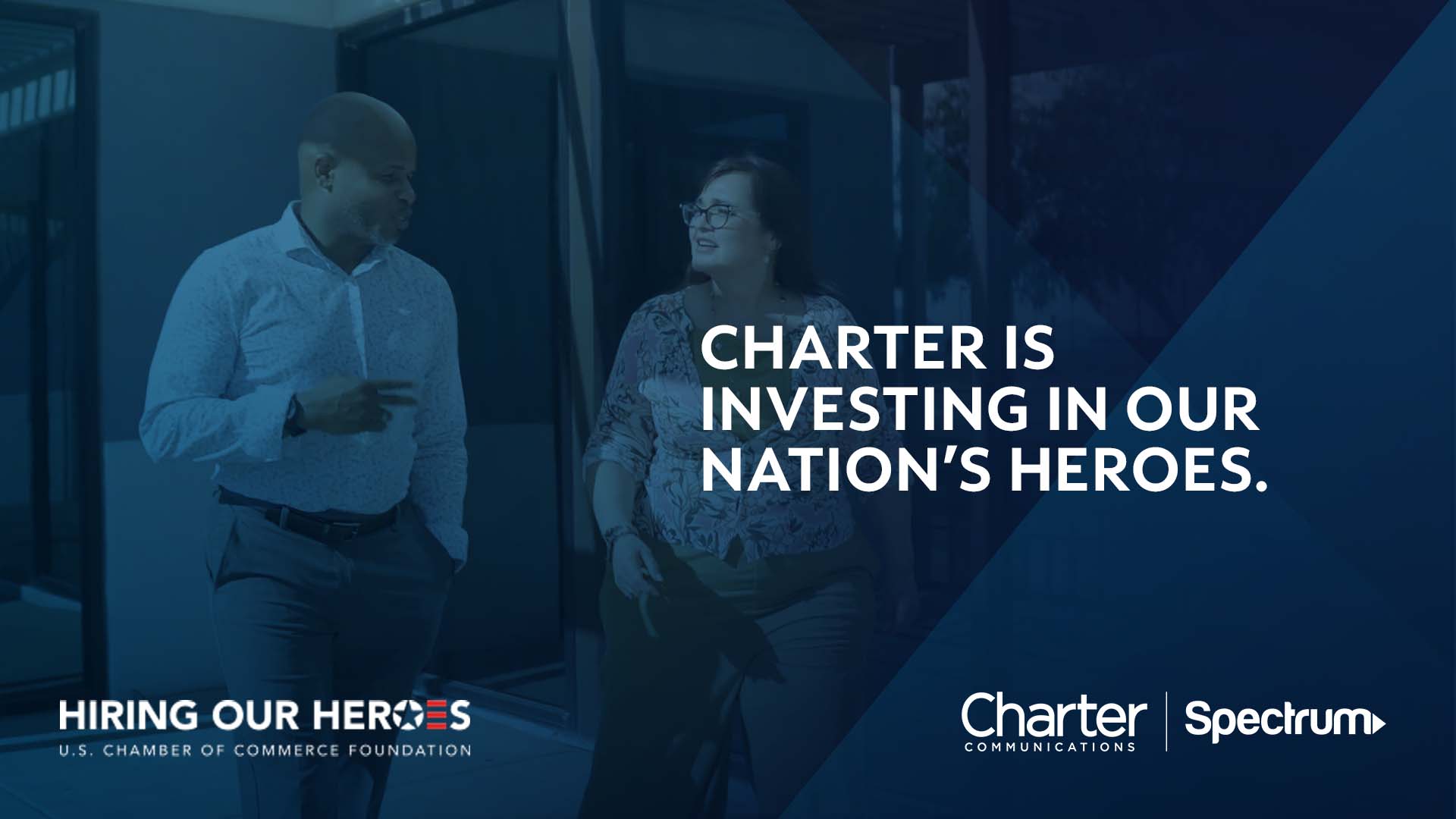| | | | | | | Presented By Charter Communications | | | | Axios Future | | By Bryan Walsh ·Nov 17, 2021 | | Welcome to Axios Future, whose naming rights, unlike LA's Staples Center, are not currently for sale. Today's Smart Brevity count: 1,683 words or about 6 minutes. | | | | | | 1 big thing: Taming the wild west of AI-based hiring |  | | | Illustration: Aïda Amer/Axios | | | | New laws and regulations are aiming to draw some boundaries for the fast-growing but often black-box approach of using AI to hire employees. Why it matters: Companies large and small have embraced AI-based tools to screen, assess and select job candidates, but algorithmic approaches have been largely unregulated and risk perpetuating biases on race, gender, disability and more. Driving the news: Earlier this month, the New York City Council passed one of the first laws attempting to regulate the use of automation and AI in hiring, requiring New York-based employers to conduct a bias audit on automated tools before using them to evaluate job candidates. - At the end of October, the Equal Employment Opportunity Commission announced a new initiative to ensure AI tools used in hiring and other workplace decisions comply with existing federal anti-discrimination laws.
By the numbers: As companies struggle to find workers — there are more than 10 million job openings, significantly higher than the number of unemployed workers — they've increasingly turned to AI and automation to streamline the hiring process. - An estimated 99% of Fortune 500 companies use at least some form of an automated applicant tracking system for screening candidates, according to Jobscan.
- A worldwide survey of thousands of human resources professionals found their use of predictive analytics — an approach that uses AI-based tools to project how applicants might perform in a job — has increased from 10% in 2016 to 39% in 2020.
How it works: The most basic and widespread version of AI hiring tools can screen thousands of resumes at the first stage of the job search, looking for specific terms and qualifications that match previously successful applicants. - More advanced tools might use everything from facial and emotional analysis on video interviews to algorithmically analyzed computer games to predict a candidate's personality and how well they might be suited for a specific position.
- "Instead of just looking at resumes, we collect behavioral data through exercises that tell us about applicants' soft and social skills, and which are unbiased for race and gender," says Frida Polli, co-founder and CEO of New York-based Pymetrics, which provides hiring services for companies like McDonald's and Kraft Heinz.
The catch: For all the scientific-sounding promises of AI hiring vendors, the nascent field is closer to "the Wild West," as Wharton School management expert Peter Cappelli has put it, with tools often subject to bias. What's next: New laws like the one from New York City could help improve AI hiring tools by requiring them to undergo an audit for bias from an outside company. - Polli notes that Pymetrics hired a team from Northeastern University to audit its algorithmic tests to ensure they didn't produce a disparate impact on race or gender, and she says the New York law "could be a big moment for the responsible regulation of this field."
- Yes, but: Matt Scherer, senior policy counsel at the Center for Democracy and Technology, says the New York law is too narrow, focusing on race and gender versus other characteristics like disability status or age and only looking at hiring, as opposed to the use of algorithms for assessment and promotion.
- "There's a real risk that the bill will be seen as the standard almost by default," he adds.
Read the rest. |     | | | | | | 2. Americans are confused about AI |  | | | Illustration: Aïda Amer/Axios | | | | A new poll about Americans' attitudes toward AI shows deep ambivalence about what the technology will do to their lives. The big picture: Americans fear the effect AI will have on employment, politics and privacy, but also believe it should play a bigger role in technology, manufacturing and more. - In other words: Who knows?
By the numbers: A new national poll of 2,200 adults by the Stevens Institute of Technology and Morning Consult found 74% of respondents believe AI will lead to a loss of personal privacy, 71% believe it will reduce employment opportunities, and 60% believe it will increase political polarization. - A majority believe AI will be misused by governments, individuals and businesses.
The other side: Despite those fears, almost two-thirds of respondents think facial recognition — an increasingly widespread AI application that deeply concerns many experts — is a responsible use of the technology. - While loss of privacy was the biggest stated concern about AI, younger Americans were less worried — 62% of Gen Z respondents said they were worried about AI privacy, compared to 80% of baby boomers.
- Even as respondents expressed fears about automation and AI reducing jobs, more than half believed it could ultimately create better working conditions and 70% said it would reduce the risk of dangerous jobs.
What they're saying: "There's a lot of intelligence around how AI could potentially invade privacy, but there's also a cautious optimism that I was encouraged to see," says Jason Corso, director of the Stevens Institute for Artificial Intelligence at Stevens Institute of Technology. Yes, but: Corso notes while half of the respondents believed AI is sufficiently regulated by the government, in fact, there is "actually limited to no regulation right now." - "That tells me that we need more education about AI."
Share this story. |     | | | | | | 3. An insider's view of "algorithmic warfare" |  | | | Illustration: Eniola Odetunde/Axios | | | | Artificial intelligence will "change the nature of war," according to Robert Work, a former deputy secretary of defense. Why it matters: Success on the battlefield will increasingly come down to the ability to make algorithmically aided decisions faster, and while the U.S. has long maintained a decisive technological advantage in warfare, its lead in AI is much narrower. What they're saying: The ability to harness large numbers of intelligent systems crunching huge amounts of data from the battlefield will "take out some of the uncertainty around war," says Work, who served under President Obama and briefly President Trump, and who is now an advisory board member to the AI company SparkCognition Government Services. - "The battle networks of the future will feature human-machine collaboration, and these things will operate at extremely high speed," he tells Axios. "These are going to make battle networks that do not have AI obsolete."
How it works: Think of AI less as a general than as the ultimate aide-de-camp, making sense of data from sensor networks and offering recommendation actions to commanders. - "You're going to have machine-to-machine communication once those plans are made, it will populate through the forces really fast," says Work.
The big picture: Speed kills in modern warfare, and the ability to analyze data and issue commands faster than your opponent can ensure battlefield dominance. - Work points to a recent Pentagon war game that pitted a group of veteran officers working on their own against less-seasoned officers assisted by AI.
- Despite the experience gap, the younger officers — with AI — came out ahead, a sign that humans working in concert with machines can be more effective than either on their own.
Read the rest. |     | | | | | | A message from Charter Communications | | Investing in the military community through Hiring Our Heroes | | |  | | | | Charter is building strong connections with the military community and the Hiring Our Heroes Corporate Fellowship Program is just one of the ways we're investing in them. Learn more about our dedication to hiring veterans, Guardsmen, Reservists, transitioning service members, and military spouses. | | | | | | 4. Drug overdose deaths top 100,000 for first time |  | | | A map of downtown Los Angeles in the city's Center for Harm Reduction with blue pins representing overdose reversal and red pins showing overdose fatalities as of Sept. 28. Photo: Al Seib/Los Angeles Times via Getty Images | | | | An estimated 100,306 people in the United States died from a drug overdose in a 12-month period ending April 2021, according to new provisional data released by the CDC Wednesday, Axios' Jacob Knutson writes. Why it matters: It's the first time drug overdose fatalities reached six figures in a 12-month period and signals that the country is on track to set another tragic milestone after reporting a record 93,331 drug deaths in 2020. - The data presented is incomplete, as many cases require more investigating to confirm cause of death, though the agency's estimates rarely largely differ from the final totals.
What they're saying: "As we continue to make strides to defeat the COVID-19 pandemic, we cannot overlook this epidemic of loss, which has touched families and communities across the country," President Biden said in a statement Wednesday. The big picture: It's roughly a 28% increase over the same time period a year earlier. - Greater prevalence of synthetic opioids, specifically fentanyl, and the social and economic disruptions set off by the coronavirus pandemic are widely believed to be the cause of the increased deaths.
Share this story. |     | | | | | | 5. Worthy of your time | | He created "The Oregon Trail" (Robert Whitaker — Slate) - The tale of the high school teacher who invented everyone's favorite educational way to die of cholera — and didn't make a penny off it.
Nuclear fusion is close enough to start dreaming (Tyler Cowen — Bloomberg) - Harnessing the power that fuels the sun could do far more than just slow climate change.
What would it look like if we treated climate change as an actual emergency? (Jason Hickel — Current Affairs) - A leading proponent of degrowth economics on the radical political changes that would follow after accepting the radical facts of climate change.
The poetry of progress (Jason Crawford — Roots of Progress) - Progress is good. Poetry about progress is... less good.
|     | | | | | | 6. 1 sign of the times: Calling the top on the stadium-naming market |  | | | The soon no longer to be Staples Center. Photo: Brent Combs/NurPhoto via Getty Images | | | | LA's Staples Center will be renamed Crypto.com Arena after a naming rights deal with a Singaporean-based crypto exchange, Axios' Dan Primack reports. Why it matters: Joseph Kennedy, plutocrat father to President Kennedy, supposedly knew it was time to get out of the stock market in 1929 when he started receiving investment tips from his shoeshine boy. - Changing stadium naming rights might be a new sign.
Details: More than a few now-defunct companies at one point decided it was a good idea to spend millions to plaster their names on stadiums and arenas — usually at precisely the worst time. - CMGI entered into a 15-year, $114 million deal in 2000 to put its name on the New England Patriots' new stadium, only to pull out and see its stock price drop from $40 to pennies after the dot-com bust.
- Enron paid $3.3 million a year to put its name on the Houston Astros' new field in 1999, only to collapse in an accounting scandal two years later — leading the Astros to buy back the name.
- The Baltimore Ravens' stadium was originally named after the internet provider PSINet, but had to be renamed after the company when bankrupt two years into the deal.
The bottom line: Obviously, you should not use this newsletter for investment advice — I think that's more Felix Salmon's thing — but when a company in a new field lays millions out to put its name on an arena, maybe you should be a little wary. |     | | | | | | A message from Charter Communications | | Investing in the military community through Hiring Our Heroes | | |  | | | | Nearly 10% of Charter's workforce has a military affiliation and our commitment to our nation's heroes is strong. The Hiring Our Heroes Corporate Fellowship Program is just one of the many ways we recruit military personnel and help them build meaningful careers with us. | | |  | | It'll help you deliver employee communications more effectively. | | | | | | Axios thanks our partners for supporting our newsletters. If you're interested in advertising, learn more here.
Sponsorship has no influence on editorial content. Axios, 3100 Clarendon Blvd, Suite 1300, Arlington VA 22201 | | | You received this email because you signed up for newsletters from Axios.
Change your preferences or unsubscribe here. | | | Was this email forwarded to you?
Sign up now to get Axios in your inbox. | | | | Follow Axios on social media:    | | | | | |









No comments:
Post a Comment